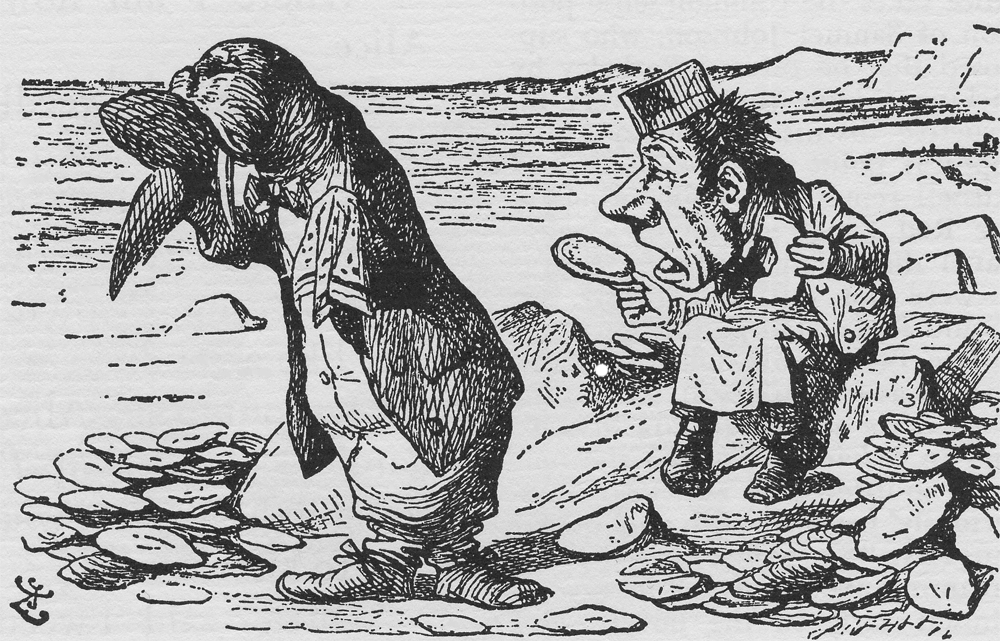 Carroll upends beach picnic expectations in Through the Looking-Glass and What Alice Found There (1871). Still, its tenor is darkly mocking, qualities evident in Tweedledee’s poem “The Walrus and the Carpenter” Of course, everyone laughs at the silly...
Carroll upends beach picnic expectations in Through the Looking-Glass and What Alice Found There (1871). Still, its tenor is darkly mocking, qualities evident in Tweedledee’s poem “The Walrus and the Carpenter” Of course, everyone laughs at the silly...
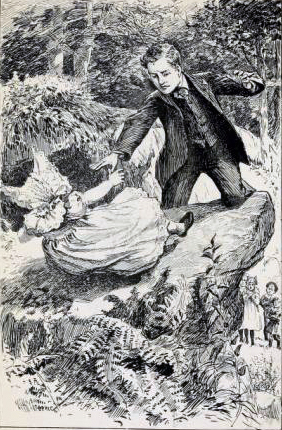 Long forgotten, Austin’s Stumps, A Story for Children story, oozes Victorian social pedagogy and standard comfort food. Austin’s audience loved Stumps, aka Cecily, a bratty four-year-old brat loved for her lisping mispronunciations, especially...
Long forgotten, Austin’s Stumps, A Story for Children story, oozes Victorian social pedagogy and standard comfort food. Austin’s audience loved Stumps, aka Cecily, a bratty four-year-old brat loved for her lisping mispronunciations, especially...
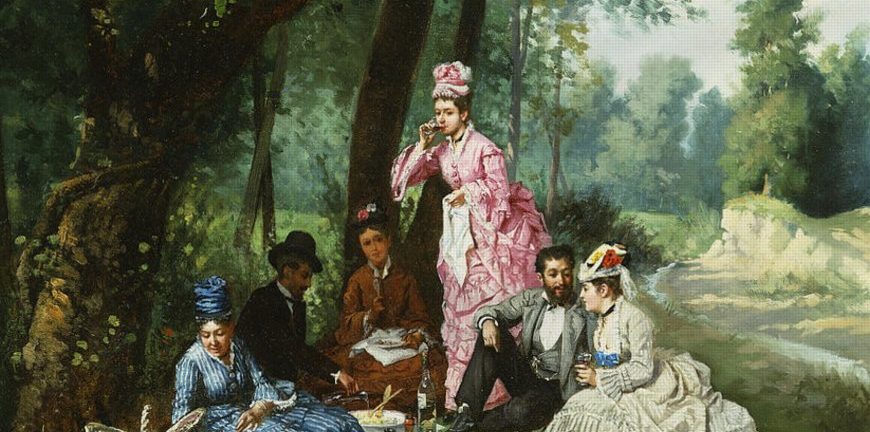 Garcia Mencia’s middle-class picnickers have out to the country for afternoon lunch. They are well provisioned. Compare Garica Mencía’s La merienda with Pál Szinyei Merse’s Majális (1873). See Antonio Garcia Mencía. La Merienda (1874). Oil on...
Garcia Mencia’s middle-class picnickers have out to the country for afternoon lunch. They are well provisioned. Compare Garica Mencía’s La merienda with Pál Szinyei Merse’s Majális (1873). See Antonio Garcia Mencía. La Merienda (1874). Oil on...
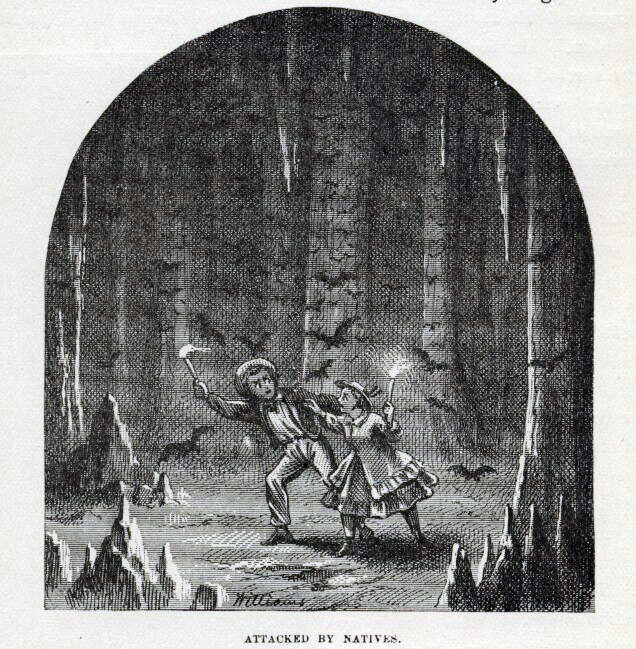 Becky Sharp’s “pic-nic” begins with “a giddy and rollicking company” on an island in the Mississippi. After traveling by old ferryboat three miles below the town of Hannibal, the picnickers “swarmed ashore and soon the forest distances and craggy heights echoed...
Becky Sharp’s “pic-nic” begins with “a giddy and rollicking company” on an island in the Mississippi. After traveling by old ferryboat three miles below the town of Hannibal, the picnickers “swarmed ashore and soon the forest distances and craggy heights echoed...
![James [Jacques]Tissot Holyday (1876c.)](https://picnicwit.com/wp-content/uploads/2017/04/James-Jaques-Tissot.-Holyday-1109-1080x675.jpg) The epitome of a Victorian picnic is Tissot’s Holyday. Tissot arranged a picnic of a family and friends in the garden of his home in St. John Woods. They sit beside a sparkling white cloth, china, flatware, a cake, sliced cheese on a platter, a platter of grapes, tea,...
The epitome of a Victorian picnic is Tissot’s Holyday. Tissot arranged a picnic of a family and friends in the garden of his home in St. John Woods. They sit beside a sparkling white cloth, china, flatware, a cake, sliced cheese on a platter, a platter of grapes, tea,...
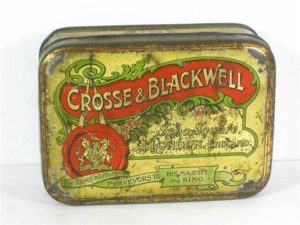 Picnic Ham is a staple cut of pork that’s cheap and needs extensive cooking or smoking. It is sometimes retailed as a picnic shoulder or pork shoulder since it is the entire front leg and shoulder. Retailers cut the meat in two, about six pounds, and may call it...
Picnic Ham is a staple cut of pork that’s cheap and needs extensive cooking or smoking. It is sometimes retailed as a picnic shoulder or pork shoulder since it is the entire front leg and shoulder. Retailers cut the meat in two, about six pounds, and may call it...
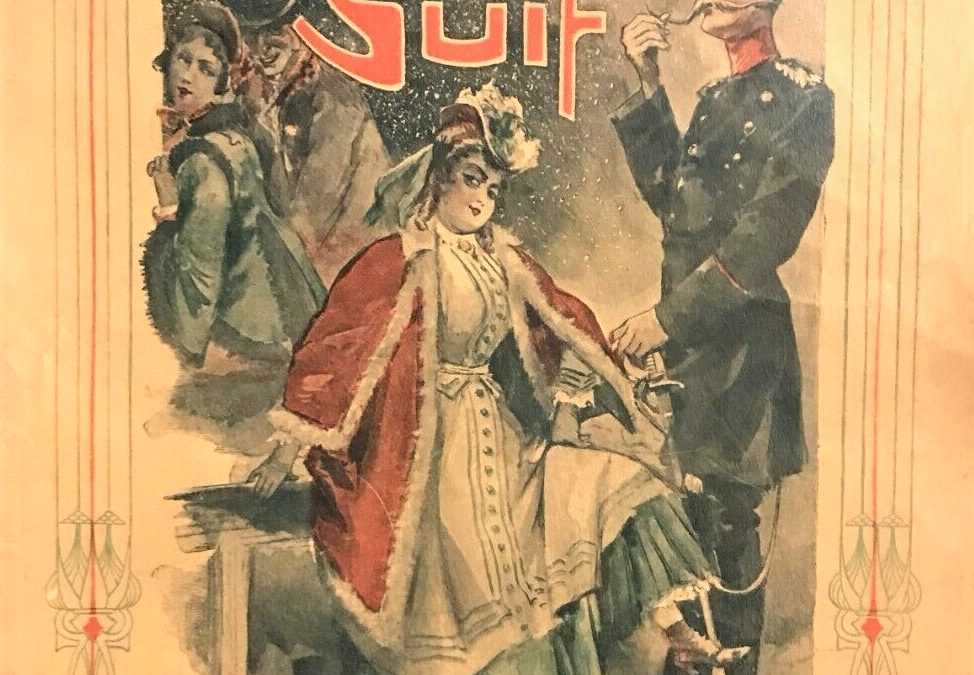 De Maupassant knows that the picnic of this story is not the picnic you expect. Instead of grass, the setting is s a four-horse coach carrying ten passengers fleeing the Prussian army advancing on Rouen for safety at Le Havre. Instead of being congenial, all but one...
De Maupassant knows that the picnic of this story is not the picnic you expect. Instead of grass, the setting is s a four-horse coach carrying ten passengers fleeing the Prussian army advancing on Rouen for safety at Le Havre. Instead of being congenial, all but one...
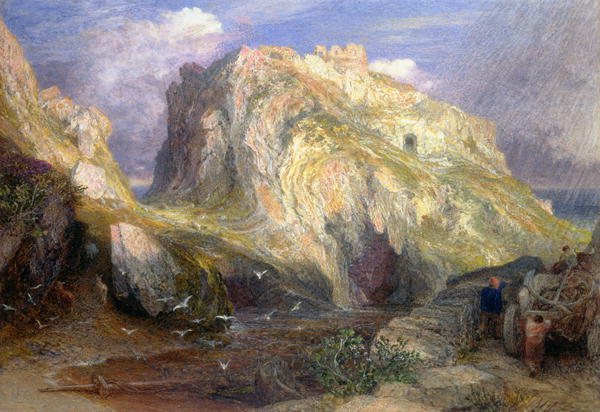 Tintagel Castle and its Arthurian associations have perennial romantic appeal—but Mary Elizabeth Braddon is the first to fictionalize a picnic on the crag, and it’s her addition to Britain’s mythology. With lunch from a local inn, Christabel Courtnay,...
Tintagel Castle and its Arthurian associations have perennial romantic appeal—but Mary Elizabeth Braddon is the first to fictionalize a picnic on the crag, and it’s her addition to Britain’s mythology. With lunch from a local inn, Christabel Courtnay,...
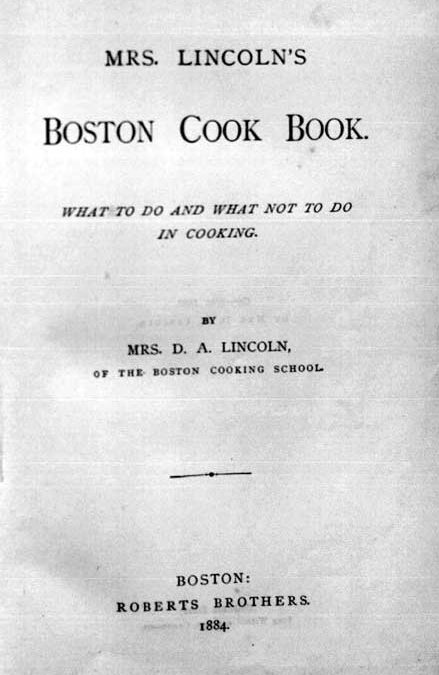 Lincoln’s Mrs. Lincoln’s Boston Cook Book: What to Do and What Not to Do in Cooking was influential, especially because Fannie Merritt Farmer was among her students at the Boston Cooking School. Specifically, Lincoln offers these “Picnic...
Lincoln’s Mrs. Lincoln’s Boston Cook Book: What to Do and What Not to Do in Cooking was influential, especially because Fannie Merritt Farmer was among her students at the Boston Cooking School. Specifically, Lincoln offers these “Picnic...
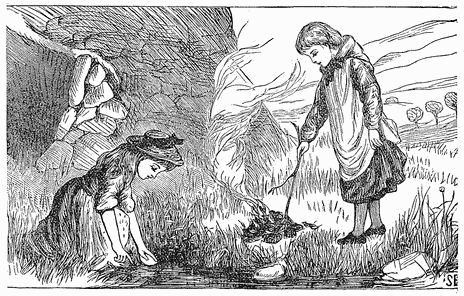 Greenaway’s primer for early readers is based on a series of adventures and activities for middle-class children with illustrations by Greenaway and text by Thomas Hartford. The story for “Moll and Jane’s Picnic” is a simple recipe for a...
Greenaway’s primer for early readers is based on a series of adventures and activities for middle-class children with illustrations by Greenaway and text by Thomas Hartford. The story for “Moll and Jane’s Picnic” is a simple recipe for a...





![James [Jacques]Tissot Holyday (1876c.)](https://picnicwit.com/wp-content/uploads/2017/04/James-Jaques-Tissot.-Holyday-1109-1080x675.jpg)





